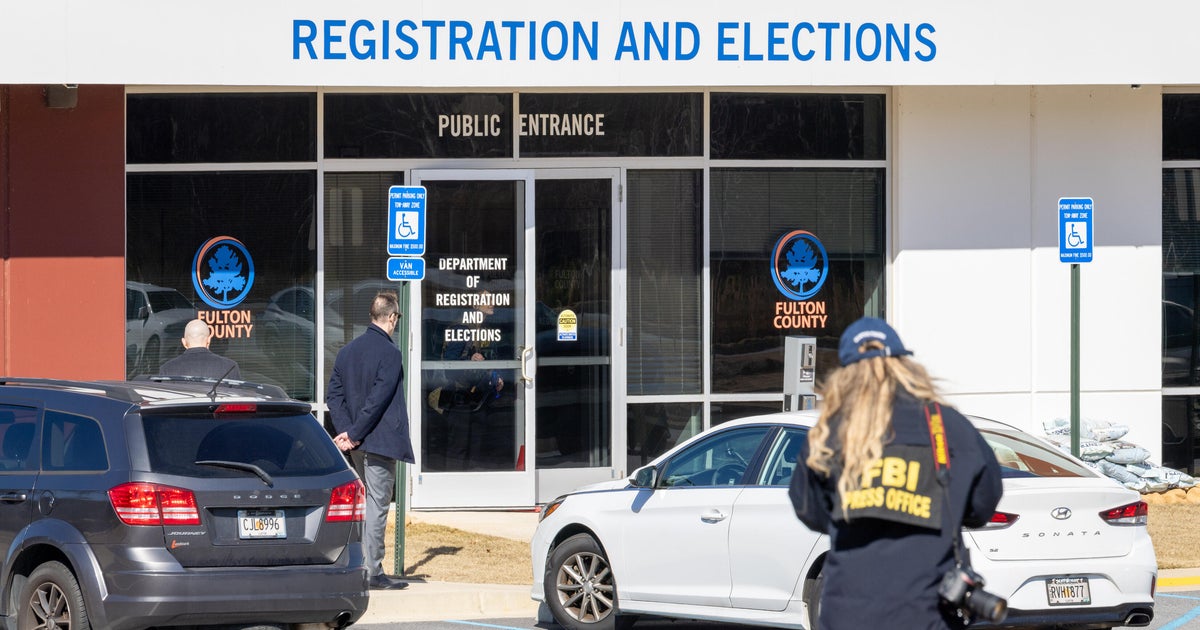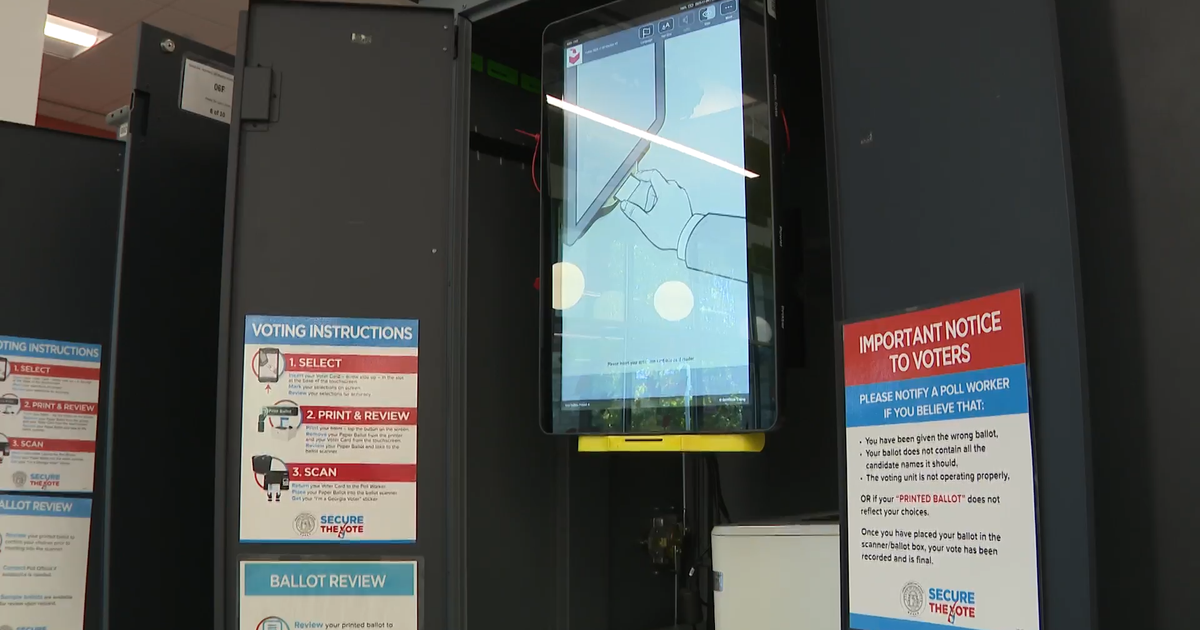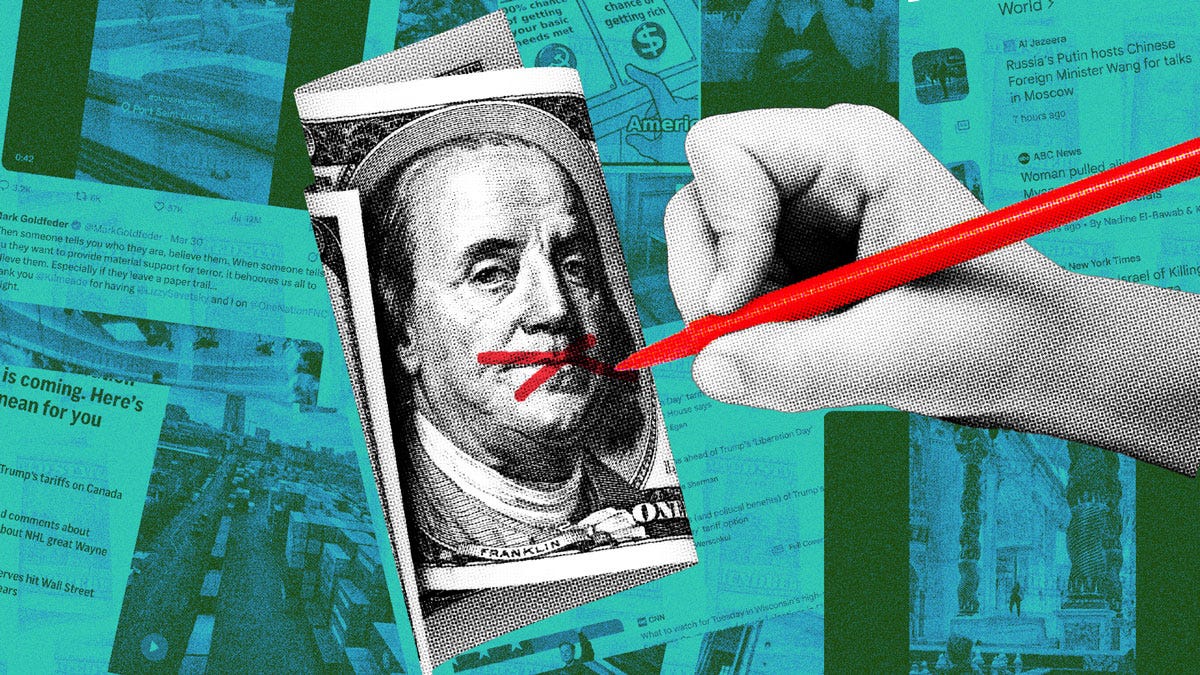The 2020 presidential election reaches the homestretch
Fifty million Americans have already voted. How did they make their decision?
An informed electorate is vital to a healthy democracy, Thomas Jefferson believed, but he and the founders left no instructions. Should we choose by studying candidate resumes or their debate performances? Should we think about who we want to have a beer with or who has better policies? You'd think, to operate such heavy machinery, there would be some kind of a manual.
There are no guidelines for making our choice in part because, at first, the presidency was a clubhouse election. Only propertied White men made the choice, and they knew the score. If they strayed, the Electoral College, an even more exclusive club, guaranteed a good pick. Those men of reason, Alexander Hamilton explained, offered "moral certainty, that the office of president will never fall to the lot of any man who is not endowed with the requisite qualifications."
That notion didn't last long. Instead of voters using reason to evaluate candidates for virtue and skill, reason was used to rationalize the candidate that would bring political power.
The ninth president, William Henry Harrison, worried that people would just pick the most popular candidate. "Men of the fairest characters" would sell themselves to the public like "auctioneers selling ... linen." A high-minded concern, except Harrison's Whig Party sold him to voters by passing cups of hard cider. It's difficult to use your reason when you're pie-eyed.
Political parties were in control for a long time, and the parties told voters how to pull the lever. In 1928 Herbert Hoover was nervous that his party had oversold him. "My friends have made the American people think me a sort of superman ... should there arise in the land conditions with which the political machinery is unable to cope, I will be the one to suffer." He called that one.
Since then, laws that blocked Blacks and women from voting have been demolished. The back-room party bosses have been vanquished too. Candidates took over the task of defining for voters what the job requires. And wouldn't you know, the job requires someone just like them.
For some partisans that's enough. They vote by team jersey. For the rest, we not only have to evaluate the candidates but come up with a scheme for doing so. We're all in the clubhouse now and this is our glorious burden.
Story produced by Ed Forgotson. Editor: Chad Cardin.



